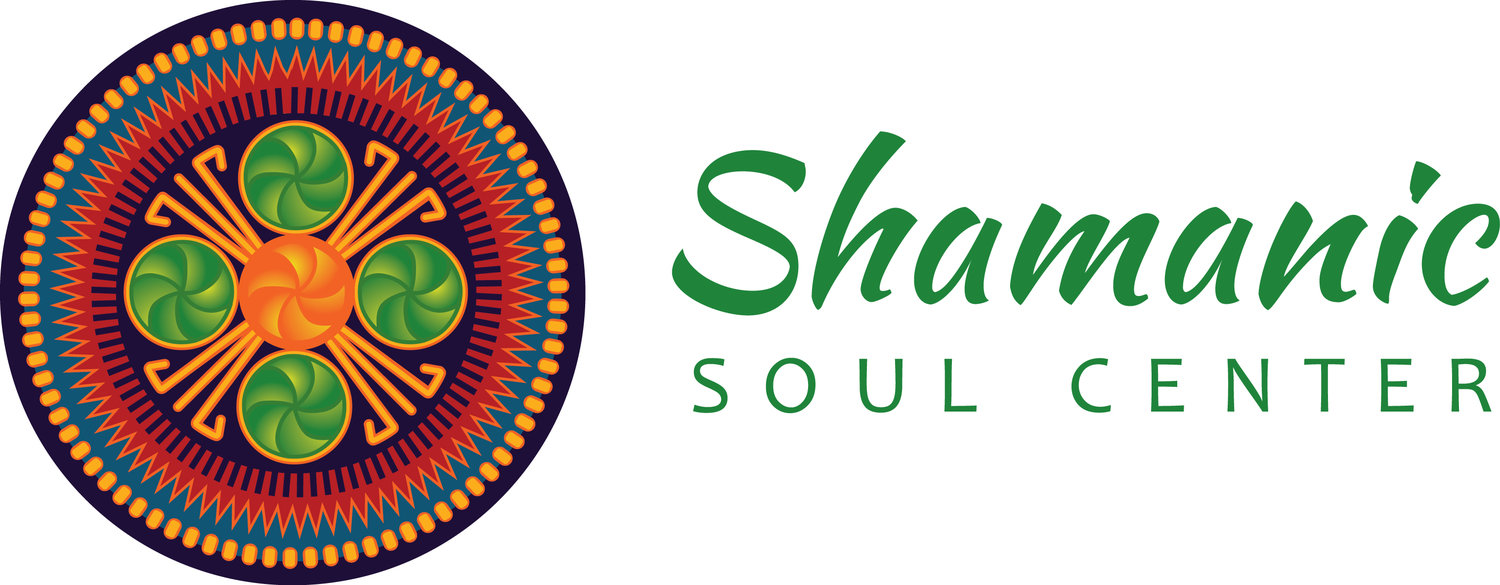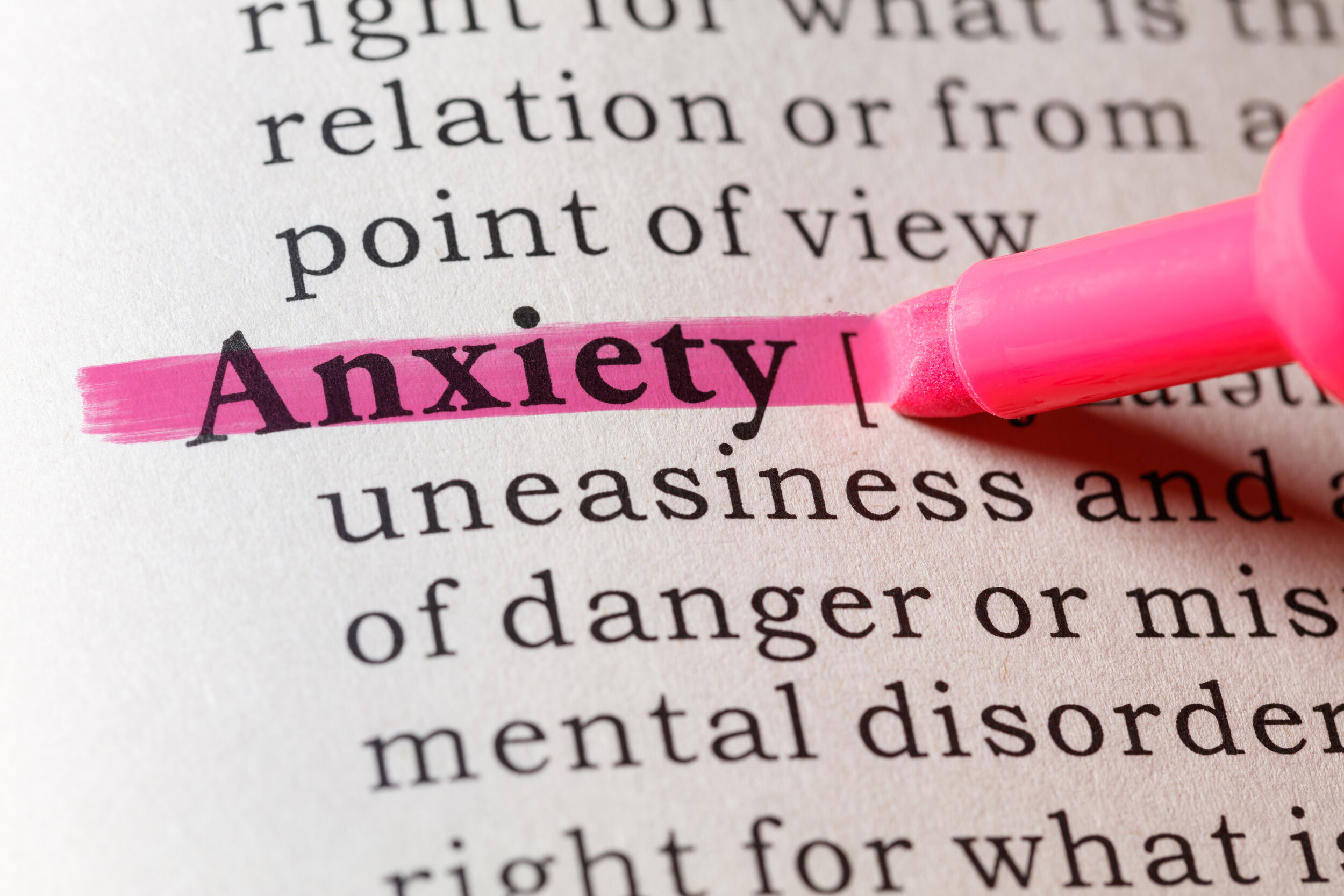Do you suffer from anxiety, worry, or ongoing fear? If so, you are not alone. According to the Anxiety and Depression Association of America, anxiety disorders affect 40 million adults (18% of the population) and 25% of teens (ages 13-18). Anxiety has become so prevalent, it seems as though we are living in an Age of Anxiety.
More and more individuals come to me to get help in naturally healing anxiety and fear of all kinds. Some parents bring their teens and/or very young children who experience anxiety. The good news about anxiety is that for many individuals it can be healed and managed naturally. I have witnessed powerful transformations in my clients and students who adopt the antidotes I’ll be sharing with you.
I am no stranger to anxiety myself. I grew up watching my mom literally make herself sick with fear and worry. In seventh grade my science teacher gave me the gag “Worry Wort” award. Having come to the United States a few months shy of my 8th birthday and feeling totally lost because I didn’t know the language, I continually felt behind and insecure in school.
As I grew older, school worries were replaced by worries about work, body image, and the state of world affairs. My first conscious attempt to free myself of fear, worry, and general suffering took place a couple of years after I graduated college. It was soon after I left a very intense job that was financially lucrative but spiritually and emotionally draining.
As I sought to find a deeper connection to my heart and soul and a healthier alternative to the workaholic pace I had adopted after college, I discovered a Zen Buddhist Center in my neighborhood. I started going for meditation on Sundays in the hopes of learning how to meditate in order to relieve my suffering and to develop spiritually.
I have always been a seeker and a student, so I was filled with questions. Zen is a beautiful and powerful tradition but not one that provided ready answers or relief for an anxious beginner’s mind. I was young and impatient, so after a few months of going weekly and continuing to wonder if I was “doing it right,” I veered off and turned my attention to other spiritual practices.
But eventually, I returned to meditation….again and again and again. Over two decades have passed since that first attempt to learn to meditate. In that time, I have tried many forms of meditation—Zen, Vipassana, Insight, guided visualizations, binaural beats recordings, meditation using rays of light—to name some.
All have been beneficial and all have played a part in shaping my current practice that is super simple, easy, and incredibly effective. In attempting to learn the different styles, I so often wondered is I was doing it right. This created some stress and resistance for me.
Now, my practice is so simple that I no longer worry if I’m doing it right. And because it’s so simple and stress-free, I’m super consistent with it so have experienced great results from it and know it to be a very powerful and effective antidote to anxiety.
What’s my simple practice? It’s basically taking time at the start of my day to do nothing, just allowing myself to be in relaxed awareness. Here it is step by step:
Wake up
Set a timer for 21 minutes
Sit in silence
Notice my breathing
As my mind wanders into thought, I simply take note and silently say, “Right here. Right now.” inviting my attention back to the present moment and my breath.
That’s it. There’s no magic mantra (not that I have anything against mantras…I know them to be very powerful). There’s no sophisticated technique or any process to memorize or master. It’s really just about doing nothing and observing myself simply be-ing. And it feels wonderful! I can’t think of any other way I would want to start my day.
Why 21 minutes? Just because. :) There’s no magic to that number. You can do 2 mins, 5 mins, 10, 30, or a whole hour or more if you like. 21 is simply a number I like. The time feels substantive enough for me to gain benefits but not so much that I have no time for my other morning practices.
I didn’t start with 21 minutes when I decided to shift from a different practice I was doing. I decided to start off easy and work up to longer timeframes gently. I started with 5 minutes, progressed to 7, then 11, then 15, followed by 17, and finally 21. The progression was effortless, and 21 has stuck. I don’t feel the need to practice for a longer time period for now, and I’m continually impressed with all the benefits I gain from this small investment of time.
Here are just some of the rewards of this simple practice of doing nothing and noticing my breath and thoughts in a relaxed way:
My mind functions at a significantly calmer state with this consistent practice.
When fears, worries, or anxieties arise, I’m able to process them much more skillfully and gracefully.
I have much greater awareness of the thought patterns that trip me up, and my ability to question my thoughts and not give negative thoughts too much power has gotten much stronger.
I have a greater sense of personal power and mental clarity because energy is not being drained by anxious and fearful thoughts.
All of these benefits result in much greater trust and confidence in my ability to navigate life’s joys and challenges.
These benefits accrue over time, but surprisingly little time when integrated with other practices I have developed. Over the course of the coming weeks, I’ll write about each of the practices in turn and invite you to try them out for yourself. If you have tried things like meditation and not had success, don’t be dissuaded.
The key to developing a practice that we can sustain for a long time is experimenting with what works best for us. We don’t need to do our practice like anyone else. It’s best to adopt curious, non-judgemental stance and experiment with what works best for you with respect to time of day, style, place, etc.
For me, keeping the meditation practice super simple and bound to a daily preset but manageable timeframe, allows me to do it without resistance, thus ensuring greater consistency and better results/rewards. I find that when I make things complicated or bite off too much, I struggle to maintain a consistent and regular practice. So I invite you to keep it super simple and easy to start with.
If you have any questions, please don’t hesitate to email me. And if you have any ideas for other Antidotes to Anxiety you’d like for me to write about, I’d love to hear from you. Big hugs and blessings to you.

